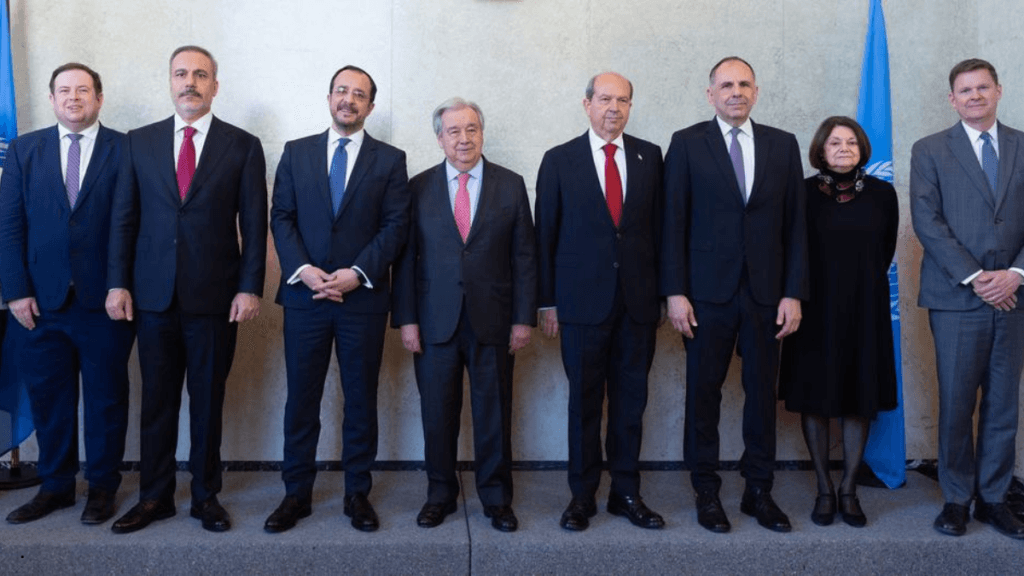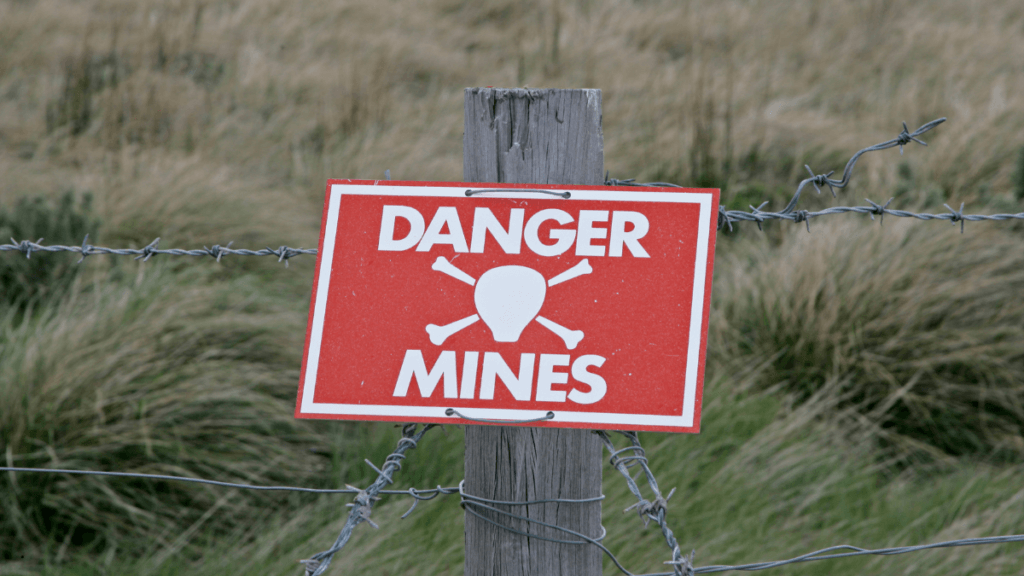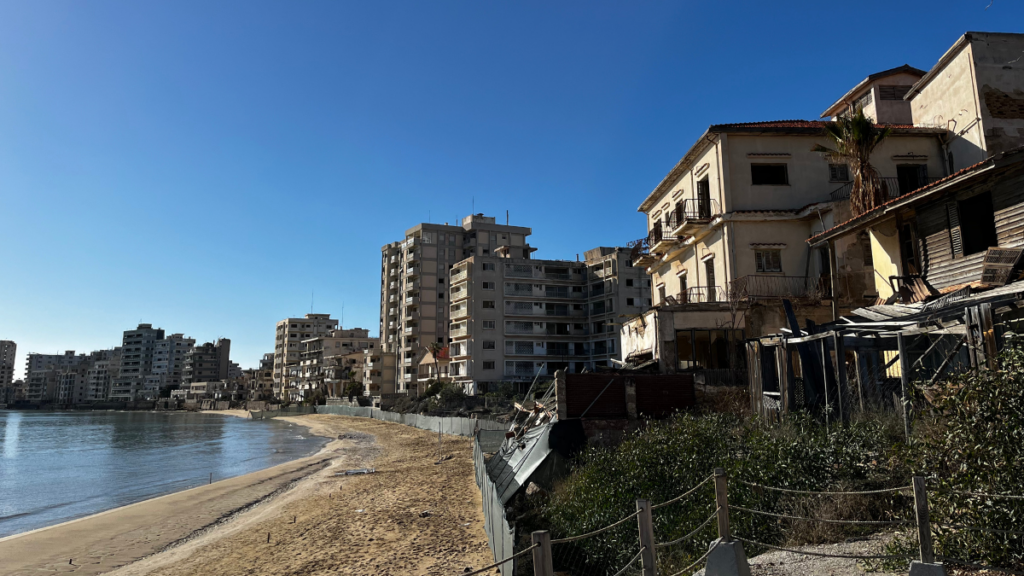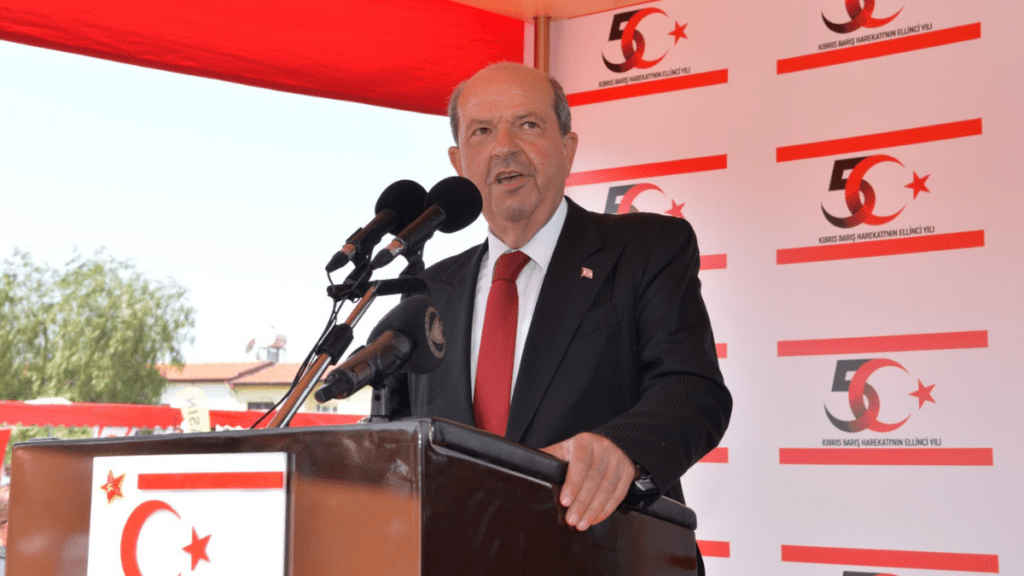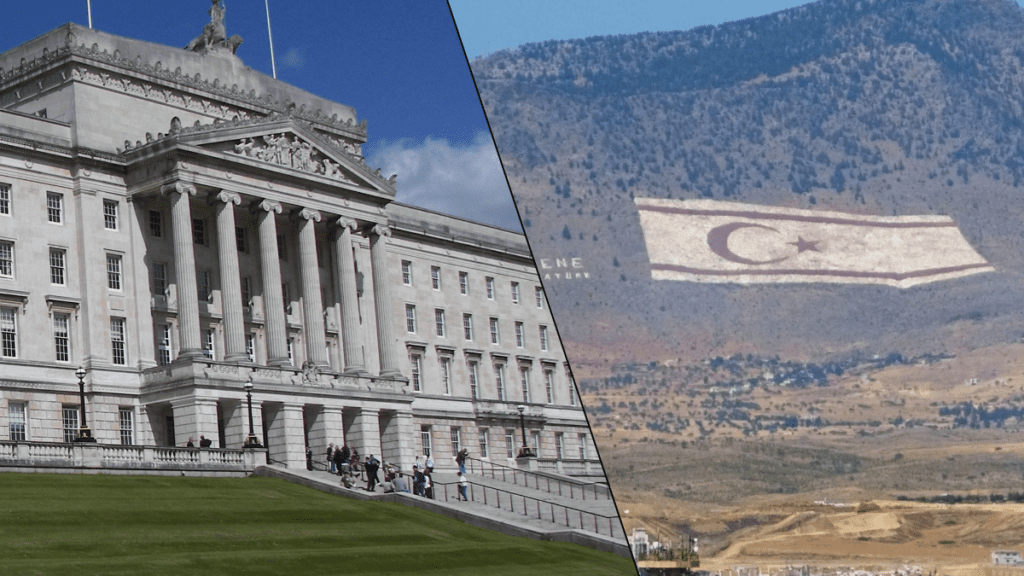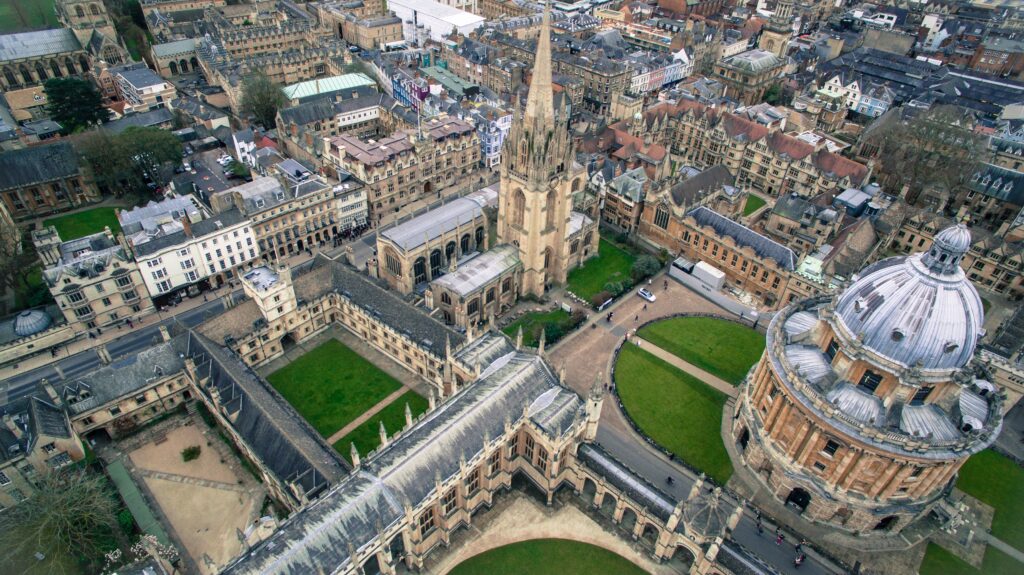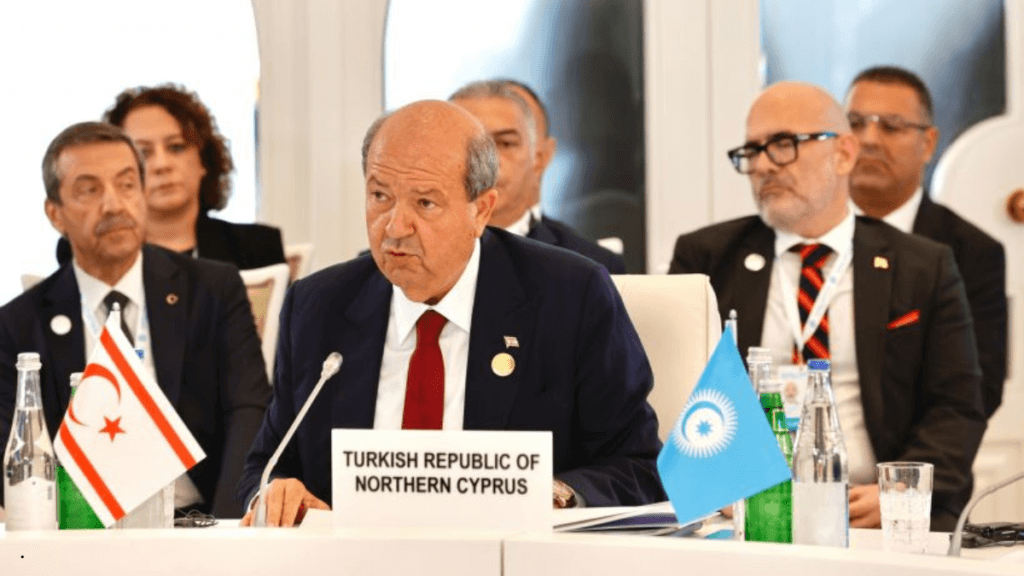
EU Funds Central Asia — But at What Cost to the Turkish Cypriots?
The European Union’s recent pledge of over €12 billion in funding for Central Asian and Turkic states under its Global Gateway initiative has drawn fresh criticism over its tone and intent. While framed as a step toward deeper cooperation, leaders in the region — and supporters of the Turkish Republic of Northern Cyprus (TRNC) — are raising concerns about how this funding is being used, and what political conditions are being imposed in return.
At the Samarkand summit, attended by Uzbekistan, Kazakhstan, Kyrgyzstan, Turkmenistan, and Tajikistan alongside top EU officials, a €12 billion investment package was unveiled. While officially designed to foster deeper EU–Central Asia ties, sources indicate that acceptance of these funds came with politically motivated conditions aimed at marginalising the TRNC and appeasing the Greek Cypriot administration.
These conditions included:
• Recognition of the Republic of Cyprus as the island’s sole legitimate authority.
• Appointment of ambassadors exclusively to the Greek Cypriot administration.
• Rejection of the sovereignty of the TRNC and denial of Türkiye’s legitimate protective role.
• Obstruction of the TRNC’s participation in the Organization of Turkic States (OTS).
These demands were reportedly made in line with UN Security Council Resolutions 541 (1983) and 550 (1984) — resolutions that have long been criticised by Turkish Cypriots as one-sided and outdated. Passed during the Cold War amid immense political pressure, these resolutions fail to reflect the realities on the ground in Cyprus today. Instead, they have been used as a tool to perpetuate the political isolation of the Turkish Cypriot people, despite their ongoing democratic will and consistent calls for peace and parity.
Turkish Foreign Minister Hakan Fidan commented today on the issue, stating:
“There are also areas where we see that the EU is trying to exploit this mutual interest. Of course, we are closely following all aspects of these developments. We are taking the necessary initiatives. We are in contact with our friends, exchanging views, and informing them.”
This development comes just days after the 21st anniversary of the Annan Plan — when the Turkish Cypriot people overwhelmingly voted in favour of reunification and compromise, only to be punished with continued international isolation, while the Greek Cypriot rejection was quietly overlooked.
There is growing concern that the EU’s approach risks appearing more coercive than cooperative — undermining trust in a region that is vital for energy security, trade, and long-term global stability.
At a time when unity is needed to support Ukraine and build genuine partnerships, the UK can — and should — play a different role: one rooted in fairness, dialogue, and recognition of the Turkish Cypriot people’s right to equal representation and sovereign dignity.

